Ivermectin Oral Paste 6.08 g for Horses: Complete Guide to Deworming, Dosage, and Safety
Effective parasite control is a cornerstone of equine health. Internal parasites such as strongyles, bots, and roundworms can severely affect your horse’s digestive system, immune response, and overall vitality. Among the most trusted antiparasitic solutions in equine care is Ivermectin Oral Paste 6.08 g, a convenient, fast-acting, and highly effective treatment designed specifically for horses.
This in-depth guide explores everything you need to know about Ivermectin Oral Paste 6.08 g for horses—from its mechanism of action and indications to proper dosage, side effects, safety precautions, and supporting research.
What is Ivermectin Oral Paste 6.08 g?
Ivermectin Oral Paste 6.08 g is a broad-spectrum anthelmintic formulated in paste form for easy oral administration to horses. Containing 1.87% ivermectin, this product is designed to eliminate a wide range of internal parasites that commonly infest horses, including nematodes and bots.
The pre-measured dosing syringe makes it user-friendly, especially for horse owners and caregivers, ensuring each dose is tailored according to the horse’s weight. The oral paste form helps guarantee complete ingestion and rapid absorption, leading to reliable and consistent results.
Indications: What Parasites Does It Treat?
Ivermectin Oral Paste 6.08 g is indicated for the treatment and control of the following parasites in horses:
1. Large Strongyles (Strongylus spp.)
- Strongylus vulgaris
- Strongylus edentatus
- Strongylus equinus
2. Small Strongyles (Cyathostomes)
Small strongyles are more resistant and increasingly prevalent. Ivermectin effectively targets the adult stages, reducing the risk of weight loss, diarrhea, and colic.
3. Roundworms (Parascaris equorum)
Affects mainly foals and young horses. Heavy infestations can lead to intestinal blockages, respiratory issues, and poor development.
4. Pinworms (Oxyuris equi)
Cause tail rubbing, irritation, and anal itching due to egg-laying near the rectum.
5. Threadworms (Strongyloides westeri)
Common in foals, causing diarrhea and dehydration.
6. Hairworms (Trichostrongylus axei)
Found in the stomach, these can cause gastritis and poor digestion.
7. Stomach Bots (Gasterophilus spp.)
Larvae that live in the stomach lining can cause ulcerations, inflammation, and digestive disturbances.
8. Lungworms (Dictyocaulus arnfieldi)
Common in horses kept near donkeys, causing coughing and respiratory distress.
Mechanism of Action: How Ivermectin Works
Ivermectin targets the nervous systems of parasites. It binds to glutamate-gated chloride channels and increases the permeability of cell membranes to chloride ions, leading to paralysis and death of the parasite. Since these specific receptors are only found in invertebrates, the risk of toxicity to mammals is extremely low, making it a safe treatment for horses when dosed appropriately.
Benefits of Ivermectin Oral Paste 6.08 g
Broad-Spectrum Efficacy
Eliminates a wide range of both immature and adult parasites with a single treatment.
Convenient Application
The oral syringe allows for accurate, mess-free dosing, making administration easier even for horse owners with limited experience.
Fast Action
Begins working quickly after administration, with parasites eliminated within 24–48 hours.
Minimal Side Effects
Extensive clinical use has shown ivermectin to be one of the safest dewormers for horses.
Improved Performance and Condition
Parasite control leads to better feed efficiency, shiny coats, improved weight gain, and higher energy levels.
Proper Use and Administration of Ivermectin Oral Paste for Horses
Accurate dosing and proper administration are essential for the effective use of Ivermectin Oral Paste 6.08 g, ensuring maximum parasite control while minimizing the risk of resistance or adverse effects.
How to Calculate the Dose
To determine the appropriate dose:
- Determine your horse’s weight precisely using a livestock scale or an equine weight tape.
- Adjust the plunger dial on the syringe to match the dosage required for the horse’s body weight.
- For horses over 600 kg, an additional syringe may be necessary to deliver the full therapeutic dose.
Dosage Chart
| Horse Weight (kg) | Required Ivermectin Dose (mg) | Paste to Administer |
| 200 | 40 mg | 1/3 of syringe |
| 400 | 80 mg | 2/3 of syringe |
| 600 | 120 mg | Full syringe |
| 700 | 140 mg | Full + partial dose |
How to Administer Ivermectin Oral Paste
- Preparation
- Ensure the horse’s mouth is free of food.
- Set the syringe plunger to the correct weight-based dosage.
- Positioning
- Approach the horse calmly.
- Insert the syringe into the mouth at the interdental space (between front and back teeth).
- Delivery
- Depress the plunger, placing the paste on the back of the tongue.
- Immediately raise the horse’s head for a few seconds to encourage swallowing.
- Post-Administration
- Offer water or feed to help clear any remaining paste.
Treatment Frequency
- In some strategic deworming programs, treatment may be adjusted based on:
- Fecal Egg Count (FEC) results
- Seasonal parasite risk
- Pasture and herd management
Tips for Effective Use
- Always dose based on accurate body weight.
- Mark the date of treatment to keep track of deworming intervals.
- Avoid contamination. Do not touch the paste applicator to unclean surfaces.
What to Avoid
- Do not administer to horses under 6 weeks of age without veterinary guidance.
- Do not split doses across days—administer the full dose at once.
- Never reuse or share partially used syringes between animals.
Potential Side Effects and Safety Considerations for Ivermectin in Horses
Safety Profile
Ivermectin Oral Paste 6.08 g is widely regarded as safe and well-tolerated when administered at the recommended dosage of 0.2 mg/kg body weight. It has been used extensively in equine deworming programs and has a wide therapeutic margin, making it suitable for:
- Adult horses
- Pregnant and lactating mares
- Breeding stallions
- Foals over 6 weeks of age (with caution)
However, like any medication, safety depends on proper dosing, responsible use, and animal-specific factors.
Precautions
To ensure safe and effective use of Ivermectin Oral Paste:
- Weight-Based Dosing is Critical:
Always calculate your horse’s weight accurately using a livestock scale or weight tape. Underdosing may lead to drug resistance, while overdosing may increase the risk of toxicity. - Avoid in Non-Target Species:
Ivermectin paste formulated for horses should not be used in dogs, cats, turtles, or other animals unless specifically directed by a veterinarian. Even small doses can be fatal in sensitive species like Collie-type dogs. - Young Foals:
Use caution in foals younger than 6 weeks, as their systems may not metabolize ivermectin efficiently. Always consult a veterinarian before deworming very young animals. - Ill or Debilitated Horses:
Avoid use in horses that are very sick, weak, or malnourished without veterinary supervision. Their tolerance may be lower. - Parasite Resistance Awareness:
Avoid frequent, unnecessary treatments. Overuse can lead to resistance, particularly among small strongyles (cyathostomins). - Storage Precautions:
Store at room temperature (below 25°C), away from sunlight and moisture.
Potential Side Effects
Most horses tolerate ivermectin very well, but mild to moderate reactions can occur, especially in horses with heavy parasite burdens. Side effects may include:
Common (usually mild):
- Temporary diarrhea
- Drooling or lip twitching after administration
- Lethargy for a short period post-treatment
Less Common:
- Mild colic symptoms
- Appetite reduction
- Swelling around the mouth if paste is not swallowed properly
Rare but Serious (often related to overdose or hypersensitivity):
- Neurological signs (tremors, incoordination, depression, seizures)
- Allergic reactions due to rapid die-off of parasites (e.g., itching, hives, swelling)
- Ataxia (loss of balance)
- Coma (in extreme overdose cases)
Signs of Overdose
Overdosing is uncommon but may occur if multiple syringes are given unintentionally. Watch for:
- Muscle tremors
- Dilated pupils
- Uncoordinated movement
- Weakness
- Drooling
- Collapse
What to Do After Administration
- Ensure the paste was swallowed entirely—partial administration may lead to underdosing.
- Provide water and normal feed.
- Contact your veterinarian if any unusual symptoms appear.
Resistance Management
With widespread use, resistance to ivermectin—especially among small strongyles—is becoming a concern.
Best Practices:
- Use fecal egg count reduction tests (FECRT) before and after treatment.
- Deworm only when needed.
- Integrate pasture management (rotational grazing, manure removal).
- Rotate anthelmintic classes (e.g., benzimidazoles, pyrantel).
Scientific Evidence Supporting Ivermectin Oral Paste 6.08 g in Horses
Efficacy
Multiple clinical trials show >99% effectiveness of ivermectin paste against major parasites like:
- Large and small strongyles
- Bots (Gasterophilus spp.)
- Roundworms (Parascaris equorum)
- Pinworms (Oxyuris equi)
Pharmacokinetics
Studies confirm:
- Rapid absorption after oral administration
- Sustained blood levels for effective parasite elimination
- Reliable delivery through paste formulation
Safety and Tolerability
Research supports ivermectin’s excellent safety profile:
- Safe for foals over 6 weeks, pregnant mares, and breeding stallions
- Minimal side effects when used at proper dosages
Resistance Monitoring
Recent studies report:
- Developing resistance in small strongyles (cyathostomes)
- Experts recommend fecal egg count testing (FEC) and rotational deworming to slow resistance
Comparative Studies
Ivermectin outperforms older dewormers like:
- Fenbendazole
- Pyrantel pamoate
- Offers broader spectrum and longer-lasting action
Conclusion
Ivermectin Oral Paste 6.08 g stands as a trusted and powerful ally in equine health care, offering broad-spectrum protection against internal parasites like strongyles, roundworms, pinworms, bots, and more. Its easy-to-administer oral formulation, accurate dosing syringe, and rapid action make it a staple in deworming protocols across the globe.Backed by decades of veterinary use and clinical research, ivermectin has proven to be both effective and safe for adult horses, foals, and pregnant mares when used responsibly. However, rising concerns about resistance underline the importance of strategic deworming, pasture management, and fecal monitoring. By incorporating Ivermectin Oral Paste into a well-rounded parasite control plan—guided by veterinary advice—you can ensure your horse stays healthy, energetic, and free from parasitic burdens all year round.







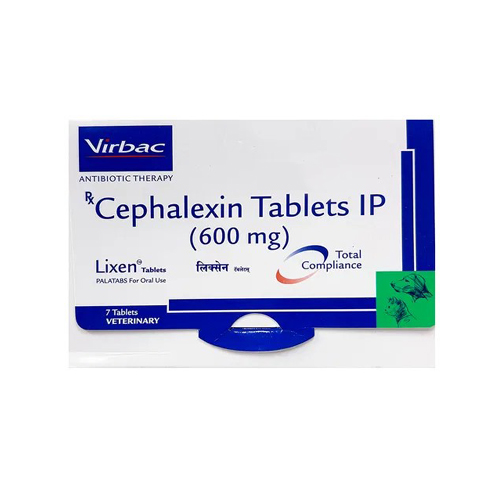
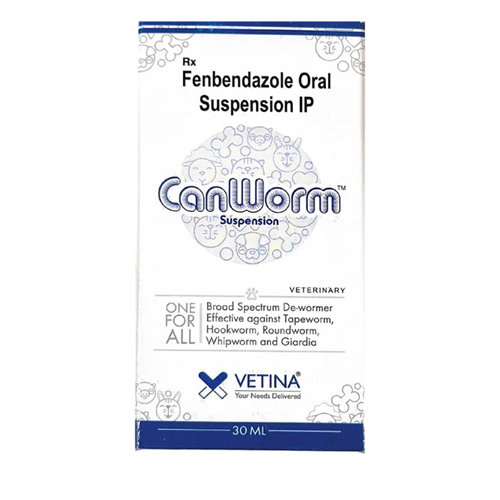



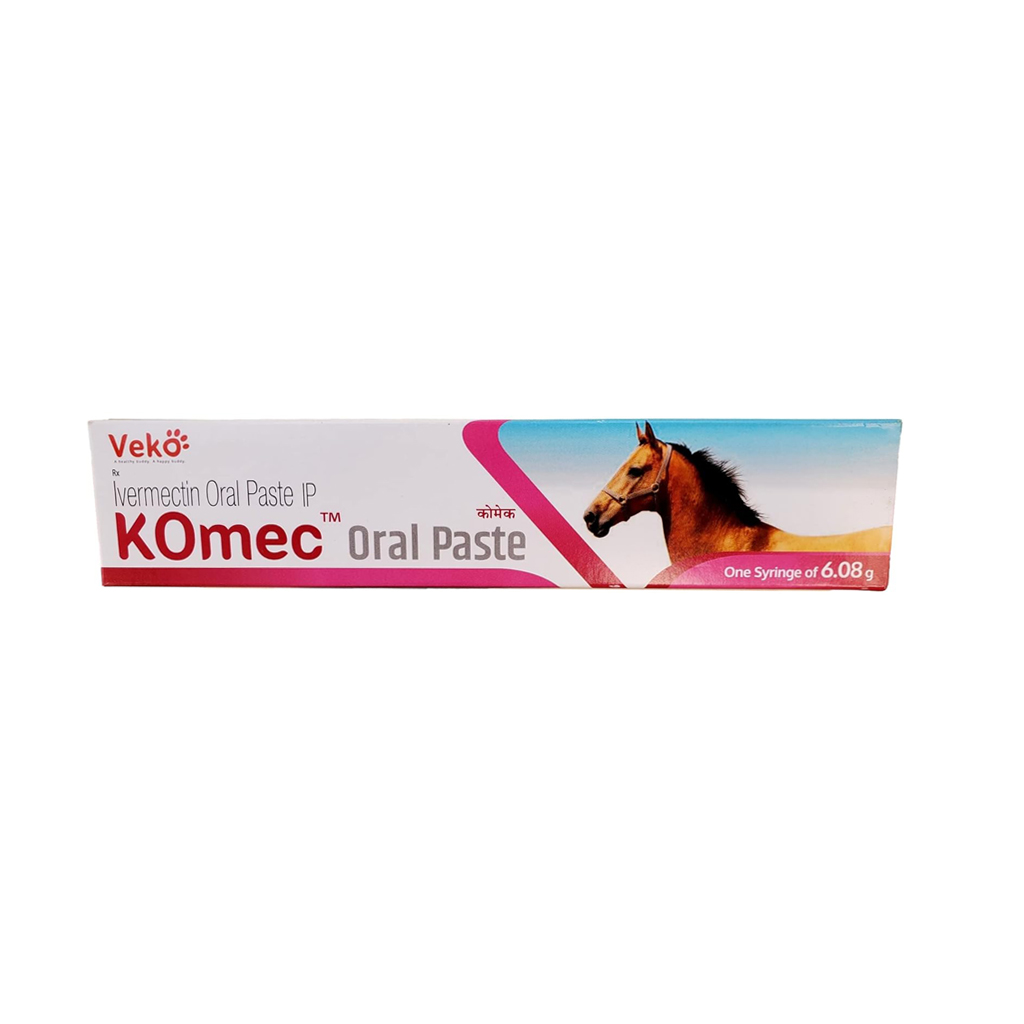
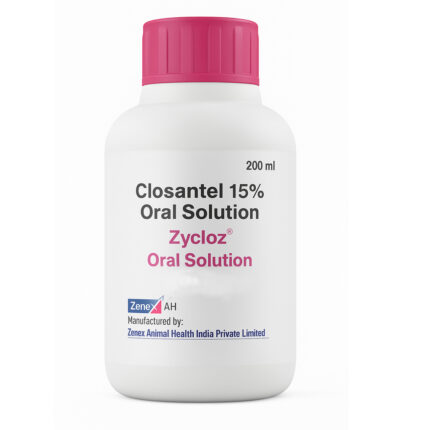

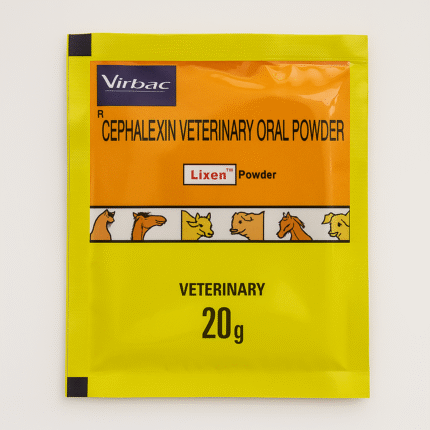
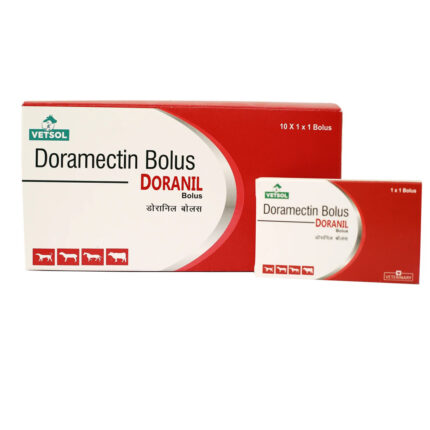
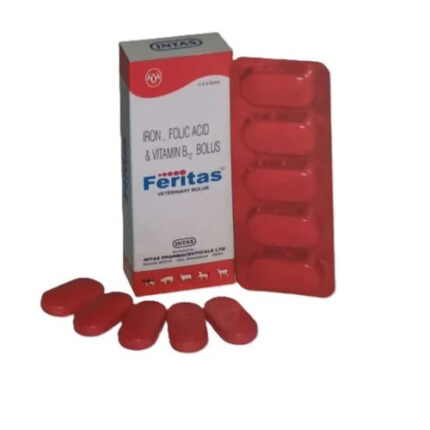
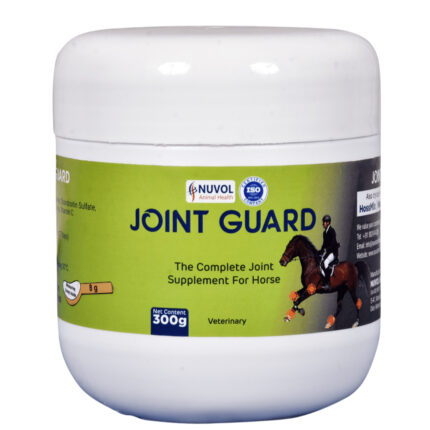
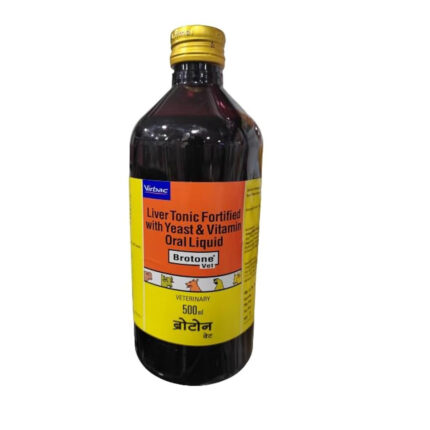
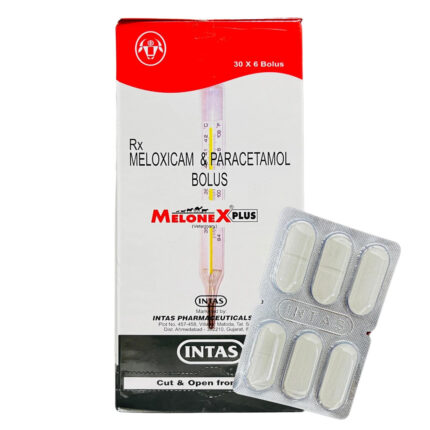
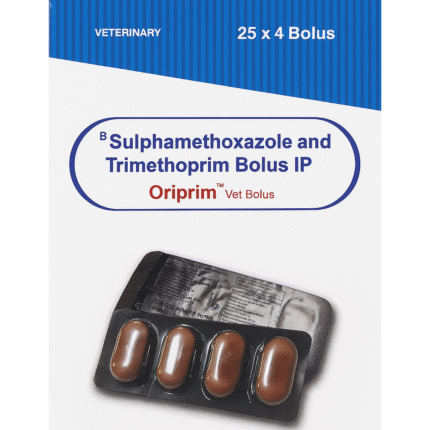
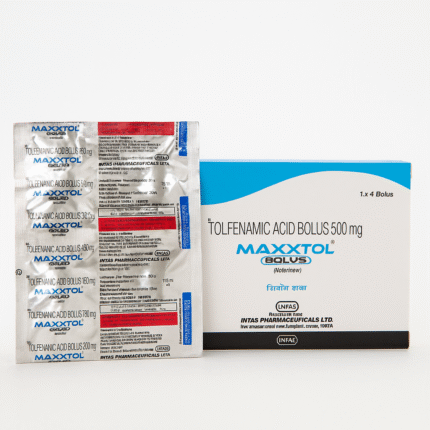
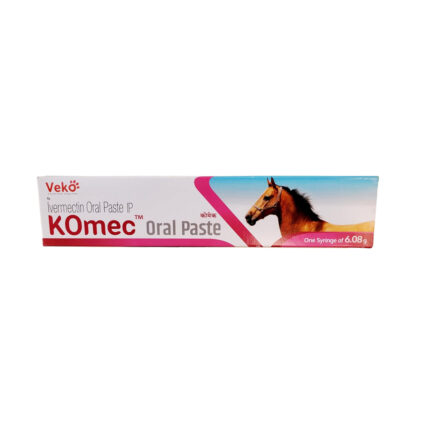
Reviews
There are no reviews yet.